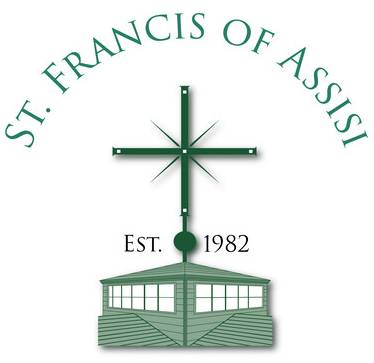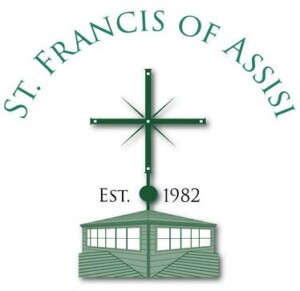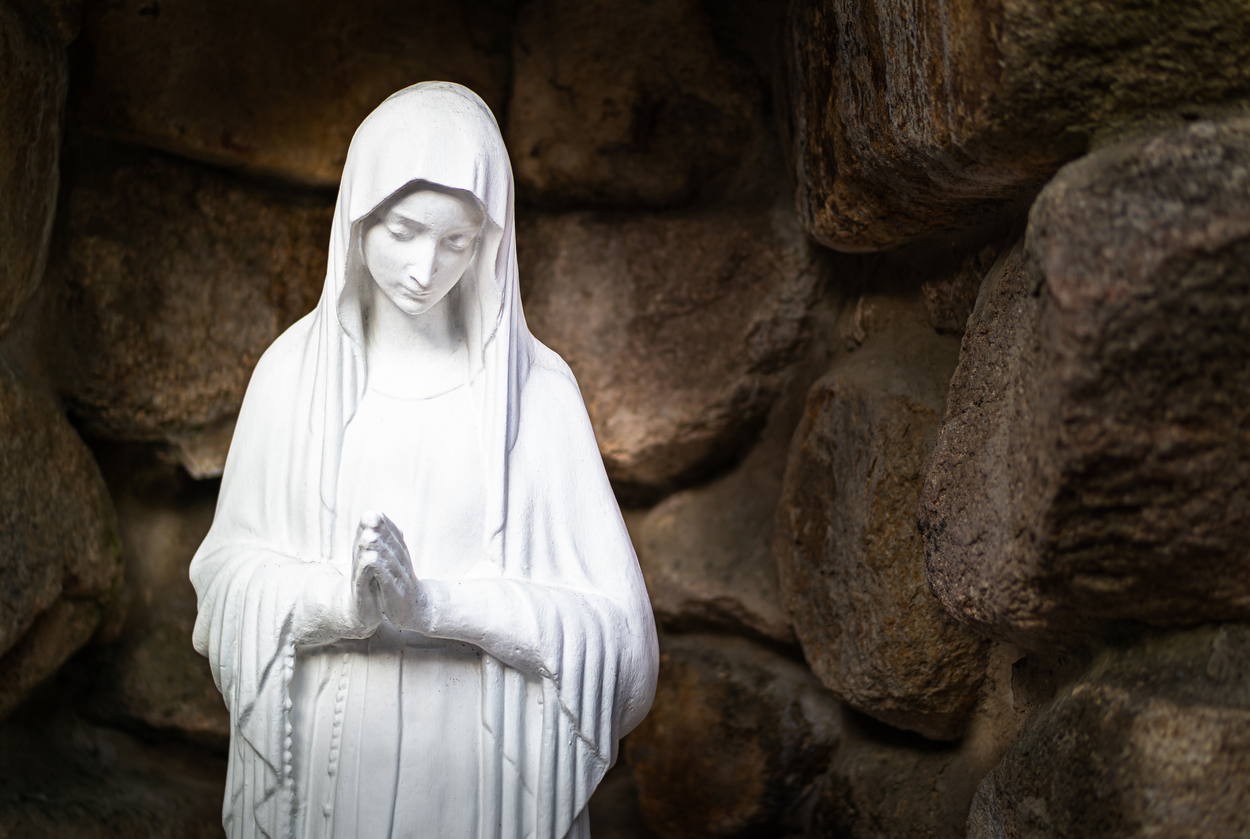Mary has a special place in the life of the Church. Yet, her role can seem confusing to both members of the Catholic Church and those who are Christians of other traditions or unfamiliar with Christianity. As we recently celebrated the Feast of the Assumption, we certainly remember Mary and the role she embraced in salvation history as the Mother of God. While the Virgin Mary has a privileged position among the saints, indeed, among all creatures, and she is exalted, she is still one of us. As the Church says in Lumen Gentium, one of the principal documents of the Second Vatican Council, “[Mary] is endowed with the high office and dignity of being the Mother of the Son of God, by which account she is also the beloved daughter of the Father and the temple of the Holy Spirit. Because of this gift of sublime grace, she far surpasses all creatures in heaven and on earth. At the same time, however, because she belongs to the offspring of Adam, she is one with all those who are to be saved.” According to the catechism of the Catholic Church, the Feast of the Assumption celebrates that Mary ‘was taken up body and soul into the glory of heaven, where she already shares in the Glory of her Son’s Resurrection, anticipating the resurrection of all members of his Body.’ So the Assumption of Mary into heaven reminds us that life on Earth is a pilgrimage towards the ultimate destination, union with our Creator. Yet it may rightly be asked if Mary is “assumed body and soul into heaven,” doesn’t this make her singular in her ability to relate to our “mere” mortality?
Father Jim Sabak states, “ The Church places Mary in the exceptional position she holds because she willingly said ‘yes,’ to share in God’s plan for Creation. The catalyst is her ‘yes’; if we look into salvation history, we will find she is not alone in saying yes to God. Many people throughout the scriptures said yes in just as dire circumstances as Mary could have found herself. Moses, who stuttered, was called to speak before Pharaoh; Jeremiah, who thought he was too young to prophesy and hated by his people for what he said; the prophet Amos who said, ‘I was no prophet, nor was I a son of a prophet, but I was a herdsman and a tender of sycamore trees;’ just to name a few. What makes Mary’s place unique is that, while other men and women hear God’s call to do something special, Mary’s call is to truly enter God’s life by being the one who bears God into the world. No other prophet or hero was called to do this before or since. Her role affirms that humanity and divinity are two sides of the same coin; Mary does not have to be anything more than human to do what she does in saying yes and giving birth to the Messiah. This fact reveals that she is a human being who was, and always has been, created in the divine image, so naturally, she could do this. She affirms humanity’s goodness and the incredible power that goodness possesses in and of itself.”
The United States Council of Catholic Bishops concurs on her crucial role in saying ‘yes’ to God. They emphasize, “Mary embraces God’s will and freely chooses to cooperate with God’s grace, thereby fulfilling a crucial role in God’s plan of salvation. Throughout the centuries, the Church has turned to the Blessed Virgin to come closer to Christ. The Church honors her as the Mother of God, looks to her as a model of perfect discipleship, and asks for her prayers to God on our behalf.”
Father James Singarayar, our newest priest at St. Francis Parish, agrees,” Jesus tells us what one must do to be saved, ‘Believe in Him whom God has sent.’” He points out, “Through Elizabeth, the Holy Spirit Himself testifies that Mary ultimately fulfills this call to discipleship: ‘Elizabeth, filled with the Holy Spirit, said, ‘Most blessed are you among women. Blessed are you who believed what was spoken to you by the Lord would be fulfilled.’ (Lk 1:41-44).” Father James emphasizes, “Mary believed in Jesus from the start and was the first to believe in Him. At the Annunciation, she gave God her ‘Yes,’ and did not turn back despite the awesome odds she faced. Under the weight of the cross, she did not despair but trusted God as she experienced absolute anguish. “Thus,” Father James continues, “setting an example for all of us to be a great disciple of Jesus in our life and showing all of us the way that leads to this universal call in which we all share in her mission of bringing Jesus to others. She has given us the persuasive and graced command ‘to do whatever he tells you’ (John 2:5).”
However, as Father Sabak cautions, “We can, at times, turn Mary into what scripture never said she was. While a virgin when she bore the Messiah, being immaculate, without sin, was something the ‘medieval Church’ designed because they couldn’t conceive of any other way God would come into the world. This idea is unhelpful to the faithful because it turns Mary into something “more than human” and denies the goodness of all humanity created in God’s image. She sometimes can be and has been likened to a member of the Trinity and becomes in so many ways either inaccessible to ‘ordinary humans’ or competing with the Trinity itself. While we think this works to protect and ensure Mary’s uniqueness, it, unfortunately, keeps Mary ‘different’ from us and thereby unable to help or aid us because she seemingly wouldn’t know our pain and sorrow or our joy and hope.”
As Lumen Gentium states, “Mary belongs to the offspring of Adam; she is one with all those who are to be saved,” Father Jim asks that we remember to “keep Mary on this side of the divide between human and divine, to see in her the ability not just to speak to God face-to-face, as Moses did, but to truly enter into the life of God and not be destroyed in the process. Her ‘yes’ gives us the courage not to doubt ever that we have a future and a destiny and that we can, by entering into the life of God, cooperate with God in the salvation and transformation of creation into what it is that God planned for it to be in the first place.”
The importance of the Feast of the Assumption is that it doesn’t set Mary apart from us. She confirms our humanity through hers! We must remember this and that we are part of the ‘goodness’ of creation. “Mary helps us to remember this ‘confirmation of humanity’ because in remembering, we encounter the joy of being part of the life of God, and to forget is to let it die,” cautions Father Jim while reaffirming that “Mary is assumed into heaven because she embraces her humanity without fear. The Assumption is a testament that Mary’s “yes” affirms that creation began in goodness and will come to its fulfillment in goodness.”
Author: Mike Watson







